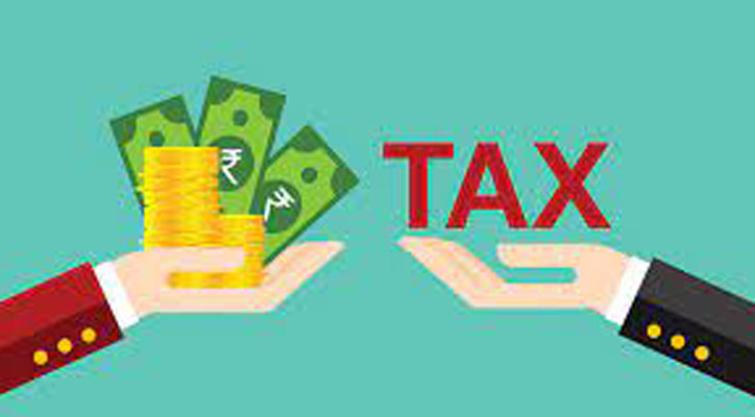By FnF Correspondent | PUBLISHED: 20, Apr 2023, 9:56 am IST | UPDATED: 20, Apr 2023, 9:57 am IST

New Delhi: Choosing the right tax regime at the start of the fiscal year is crucial from the perspective of tax planning for taxpayers who are in employment. An I-T circular, issued earlier this month, said that businesses must ask employees about their preferred tax regime for the current fiscal year.
Since the Employers are required to deduct TDS on salary payment and if employees fail to advise them of their preferred tax regime, it might lead to higher TDS from salary income, which would affect their take-home pay.
Dharmendra Chachan, Partner Chachan and Lath LLP said that the choice between opting for new and old tax regime depends specifically on each individual’s salary bracket and his/her investment and other commitments eligible for deductions. He added that two people with the same salary might have different quantum of deductions, and hence their choice of tax regime could be different.
He however said that the key considerations one should make before choosing new or the old tax regime would broadly depend on eligible deductions.
1. Section 80C Investment in PPF, NSC, ULIP, LIC, Senior Citizen Scheme etc. and payment of tuition fee, registration charges on new house purchase etc. and repayment of housing loan, the aggregate amount of deduction admissible is Rs 1.5 lakh.
2. Section 80D Payment of Health insurance premiums: one can claim deduction up to Rs.25,000 for insurance of self, spouse, and dependent children. Extra deduction of Rs 25,000 is allowed for parents aged below 60. Furthermore, you can claim up to Rs. 75,000 for you and your parents aged above 60.
3. Section 80E Interest on Education Loan: one can claim benefits for education loan interest payment. For higher education loan, deduction upon the loan interest is allowed without any upper limit for deduction.
4. Section 80TTA and 80TTB Interest from saving bank account and fixed deposits: Under section 80TTA, one can claim maximum deduction of Rs.10,000 for Saving Account interest with any bank, post office, or co-operative society.Under Section 80TTB, a senior citizen can claim maximum deduction of 50,000for Saving Account interest with any bank, post office, or co-operative society and interest on fixed deposits.
5. Section 10(5) LTA: The amount exempted under clause (5) of section 10 in respect of the value of travel concession or assistance received by or due to the individual from his employer or former employer for himself and his family.
6. Section 10(13A) HRA: An employer may give its employees a House Rent Allowance (HRA) to help them pay their rent. Such a benefit is taxable in the employee's hands. However, section 10(13A) of the Income Tax Act allows for the deduction of HRA within specific parameters.
7. Section 24b interest on self-occupied house property: The amount of house loan interest that has been paid may be deducted from gross income under Section 24(b). A self-occupied home's owner is permitted to deduct interest payments up to a total of Rs 2 lakh.

by : Priti Prakash
When the Prime Minister of the country starts spewing hate speeches in his rallies, when he talks of...